Switzerland's Innovation Model Faces Unfamiliar Challenges
A hugely successful research system is being tested by a dispute over immigration and a deteriorating relationship with the EU.
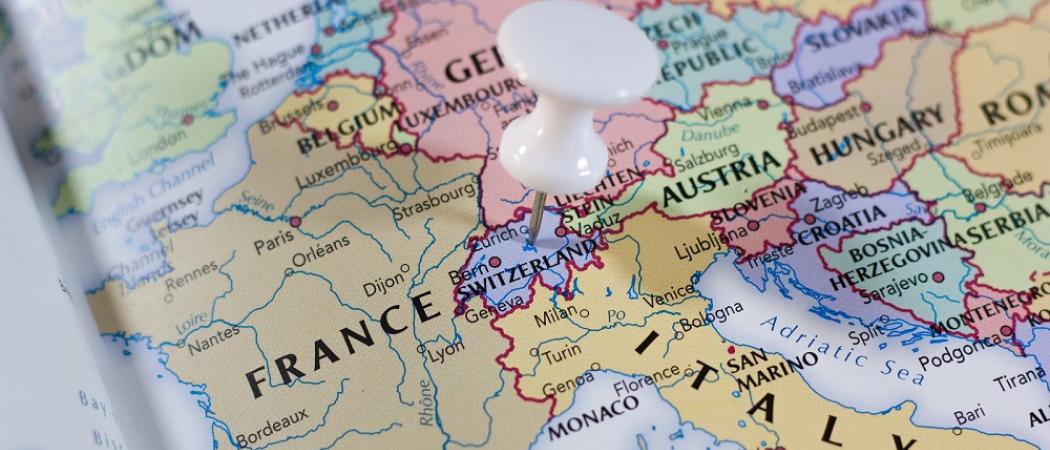
Send us a link
A hugely successful research system is being tested by a dispute over immigration and a deteriorating relationship with the EU.

Swiss scientists fear a number of political obstacles could block their path into the EU's next big research programme.
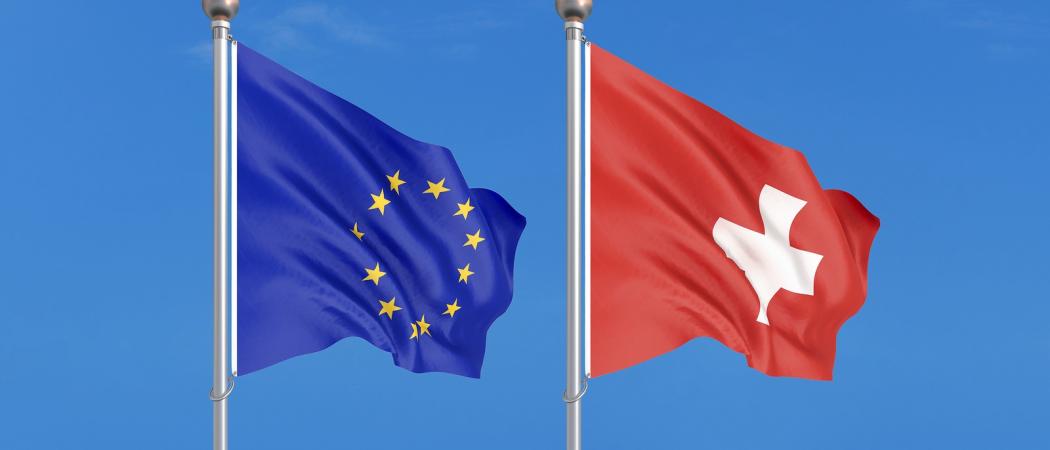
Emmanuel Macron has urged EU member states to put more money into the collective Brussels pot so Europe can invest in key technologies of the future. The French president said he is "not frustrated but impatient" for the EU to take on bigger projects.

Mauro Ferrari says scientists should get rid of ‘disciplinary goggles’ and combine expertise to create new fields of scientific research.
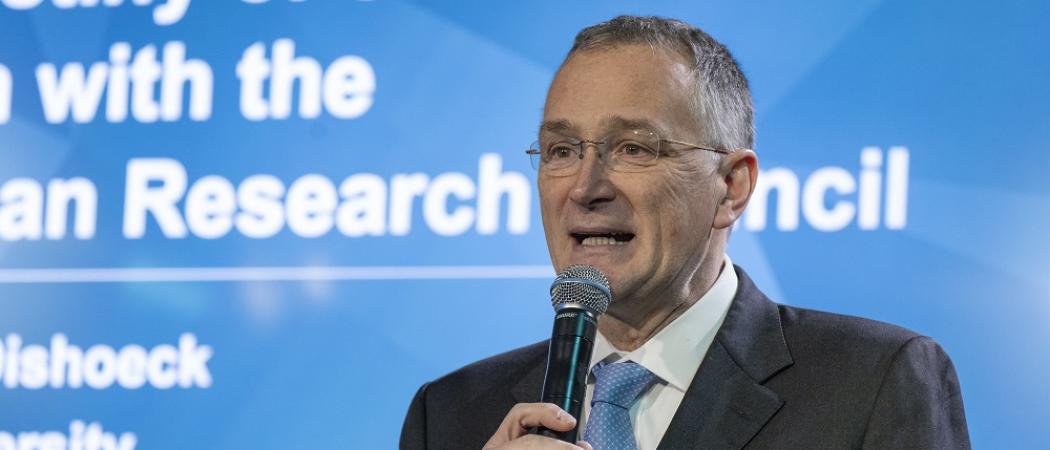
And so it is finally happening: tomorrow at midnight central European time, the EU bids farewell to the UK. After a tortured three-and-a-half year plod to the exit, the country heads into an eleven month transition period where everything stands still, and then into the unknown of the yet-to-be negotiated Future Relationship. In light of the historic moment, Science|Business contacted science figures around Europe, to find out:
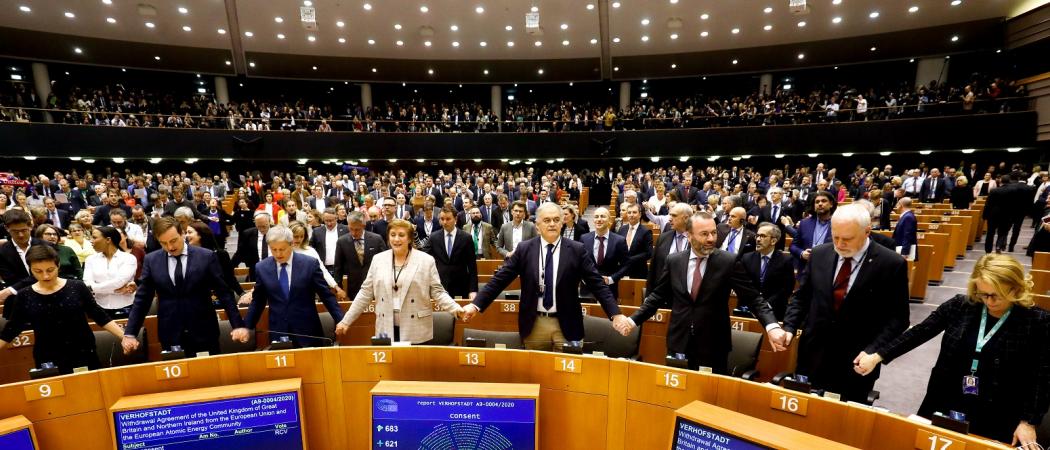
The European Open Science Cloud, an enormous repository of research results that is due to go live later this year, will add new value to vast stores of unused data, Ursula von der Leyen, European Commission president pledged on Wednesday.
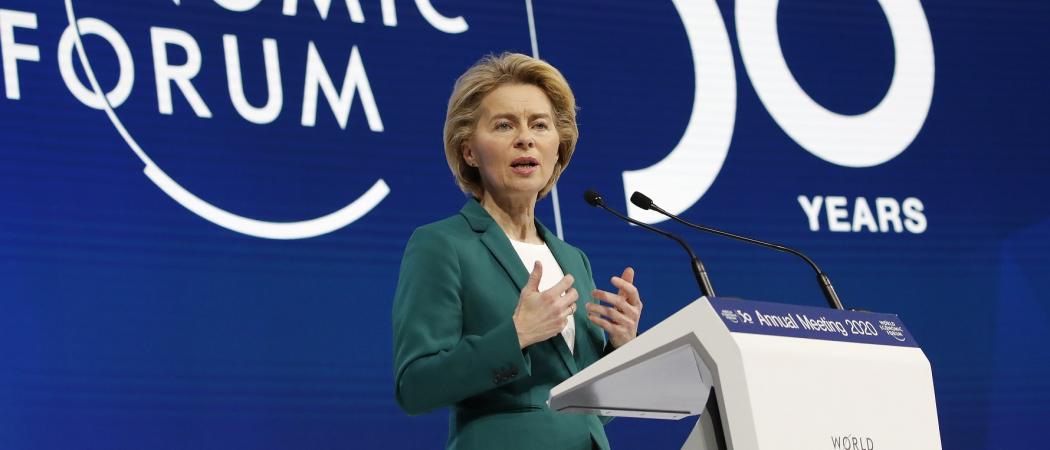
Conservative MPs have voted against an amendment that would have required the government to negotiate continuing full membership of the EU's Erasmus+ programme, which helps students study in other countries.
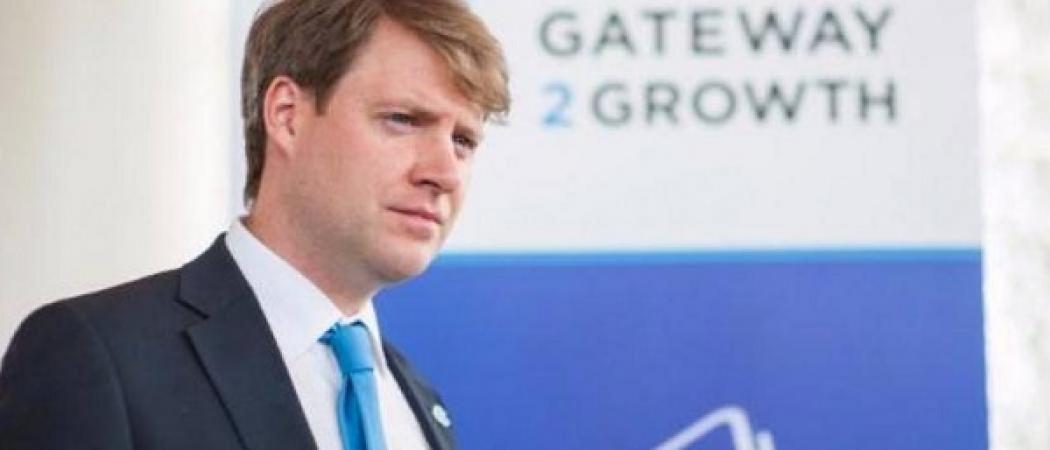
The European Union's top research official telegraphed a message to the UK's Brexit negotiators: When it comes to a post-Brexit deal on research cooperation, there can be "no cherry picking."
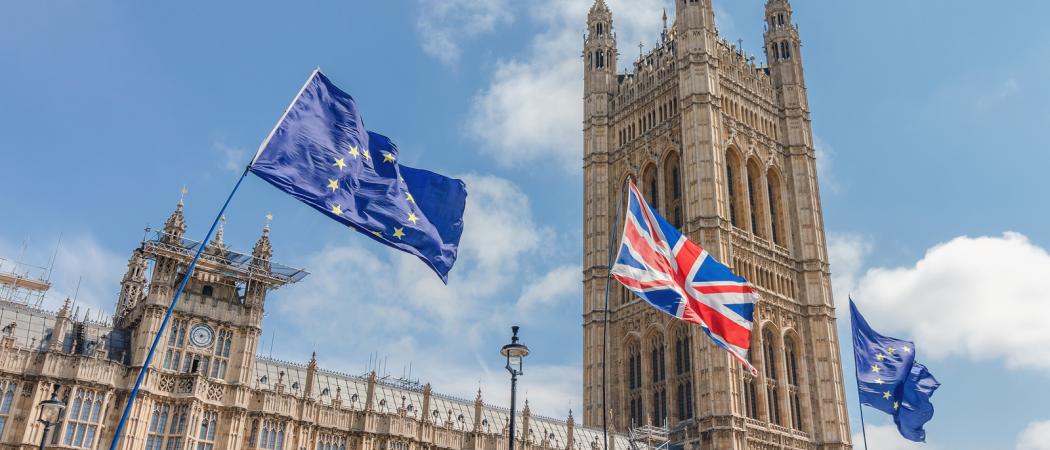
The European Union's new innovation chief, Mariya Gabriel, wants to "revitalise" efforts to create a real single market for research, education and innovation, bridging the performance gap between eastern and western Europe.

The UK's share of EU research funding has fallen dramatically because of Brexit uncertainty, with the country's take home from the EU Horizon 2020 programme cut by almost €500 million since 2015, according an analysis by the Royal Society.

A major push by science funding agencies in Europe to make the research they back freely available at the point of publication is the world's best chance of fundamentally altering scientific publishing, says the new coordinator of Plan S, Johan Rooryck.
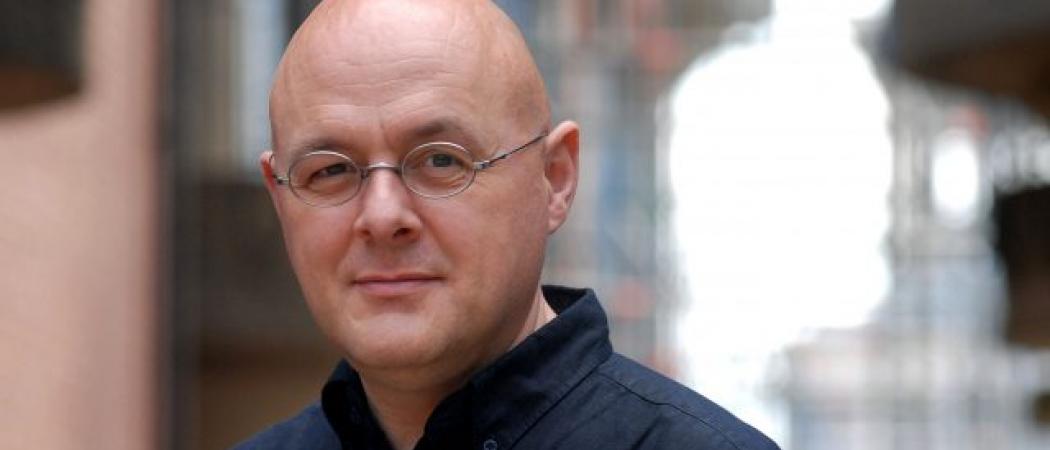
In the aftermath of the European elections, the calculators are starting to come out in labs and universities around Europe that depend on the EU for research funding: Will it mean more or less money for science and technology? The answer so far: fuzzy maths.
EU Commissioners approved on 30 April details of an experimental new "matrix" design for their research policy department, which its chief says will force staff to work together across bureaucratic lines. "This is really about establishing an agile, modern, cross-cutting administration, which really can elaborate policies and projects differently," said Jean-Eric Paquet, director-general of DG Research and Innovation, known as DG RTD.
According to the latest data from the European University Association (EUA), only few higher education institutions have policies on research data management in place.
The upcoming European Parliament elections that will shape EU politics for the next five years and beyond will be fought on many issues, including science.
In creating a new innovation council, the European Commission is experimenting not just in policy but also in management.

The ethical issues swirling around artificial intelligence (AI) are under-researched, with surprisingly little serious academic investigation into AI ethics, despite the huge amount of money pouring into the field and the rampant pace at which the technology is advancing.

India's annual multi-million-euro outlay on scientific publishing is a bad deal for the country, says Krishnaswamy VijayRaghavan, principal scientific adviser to the government.
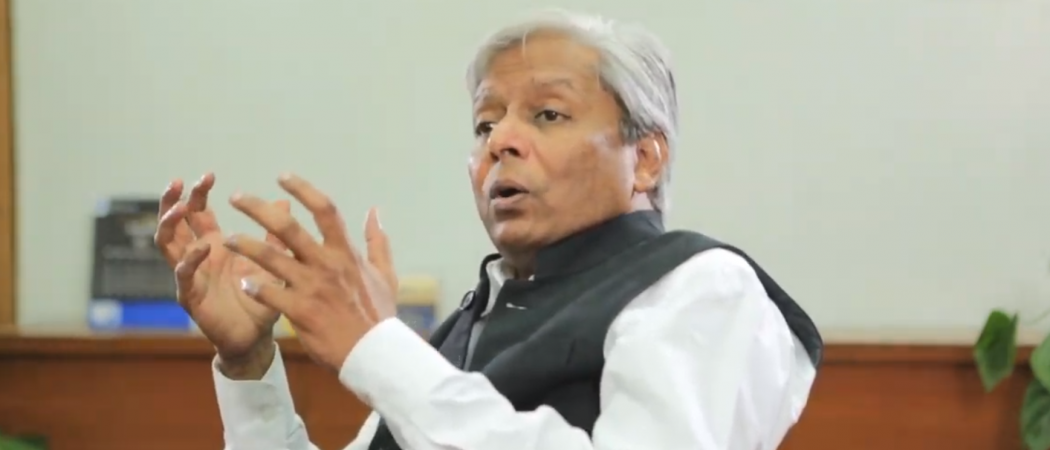
A high-ranking EU civil servant leading the administrative wing of the European Research Council (ERC) announced his early retirement to staff on Monday, citing policy disputes.
EU research chief Jean-Eric Paquet lays plans to refocus staff on policy goals, efficiency and cooperation with other parts of the Commission.
Robert-Jan Smits is pitching the Plan S vision to transform academic publishing to the world’s big science funding bodies.
Commission concedes it will need more time to resolve long-term budget negotiations – but it remains committed to its plan boosting R&D subsidies
Embracing a global view of EU research infrastructures could boost science diplomacy and break down walls put up by divisive politics. But new rules on cooperation and more funding are needed to deliver the vision.
How has this Swiss start-up attracted some of the world's top investors? Could Auterion's success be attributed to just 3 success factors?
Researchers gain more access to hi-tech research tool, but data start-ups warn the narrow rules create "a backseat for Europe's innovators".
Scientists warn the devil is in detail of the European Commission’s latest open access plan, while publishers argue prohibiting researchers from submitting their work to certain journals is a threat to academic freedom.
"It's not that difficult to flip the system," Smits continued. "The measures we are thinking about are not rocket science - they're straightforward. The main component: if you get a grant in the future, you can only publish in open access journals," he said.